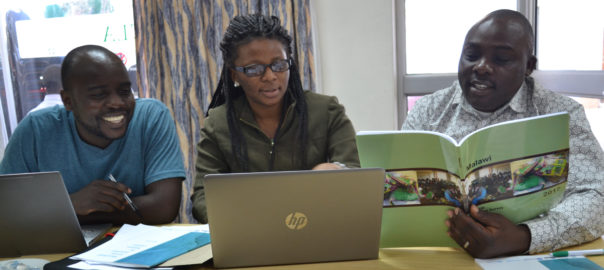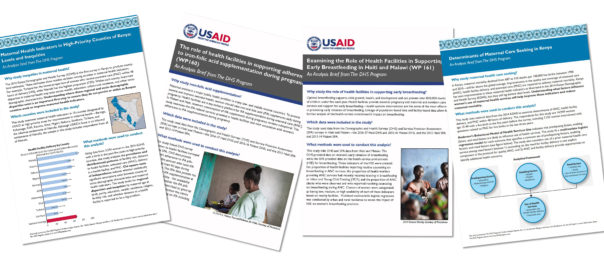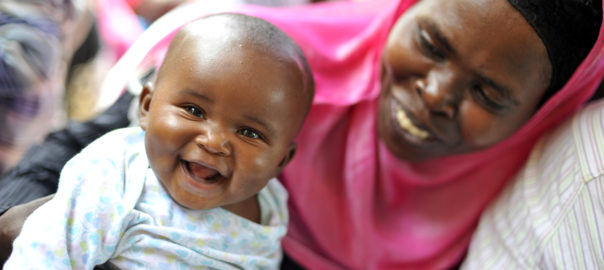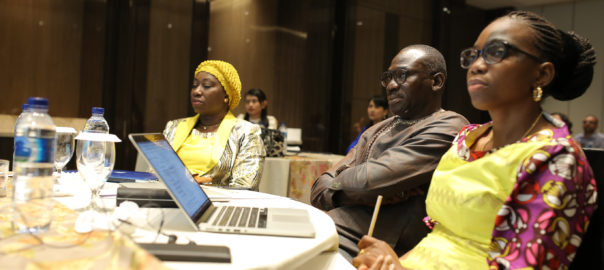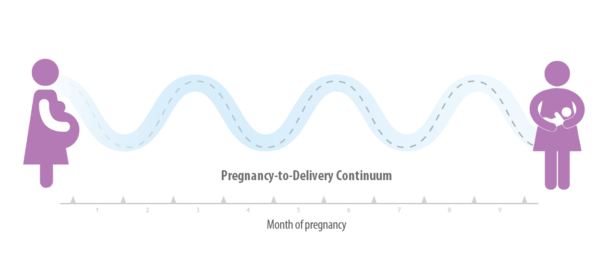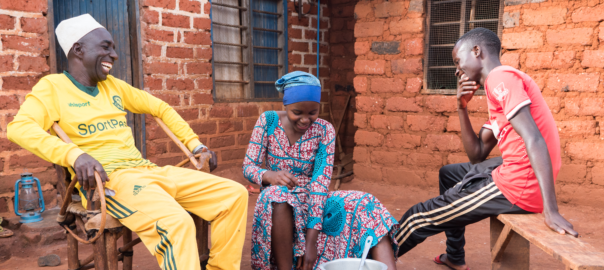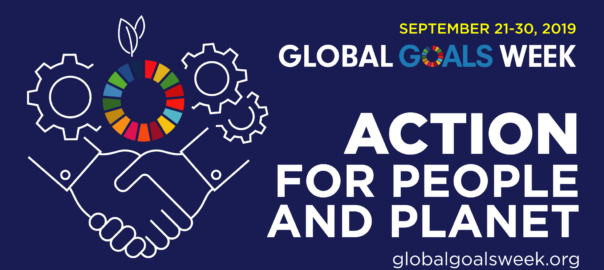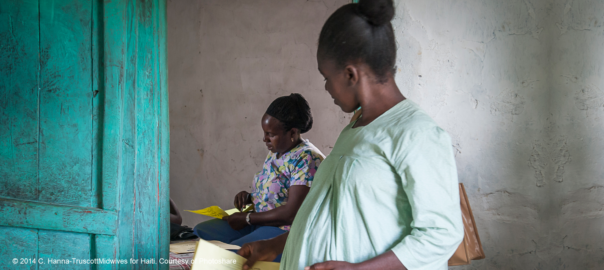Luminare: Insights from a Malaria Consultative Meeting in Malawi
The DHS Program clearly loves data, but what good is collecting data if it is not used, or used only in isolation? This was the motivation behind a Malaria Data Consultative Meeting implemented by The DHS Program and co-facilitated by Dr. Katherine Battle of the Malaria Atlas Project in Malawi in July 2019. Routine health […]

